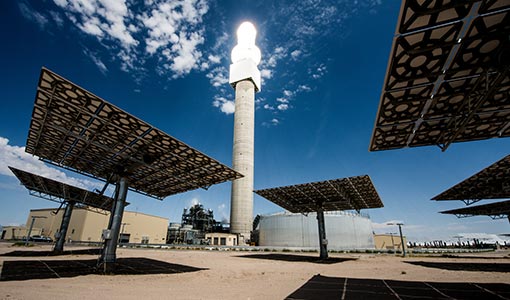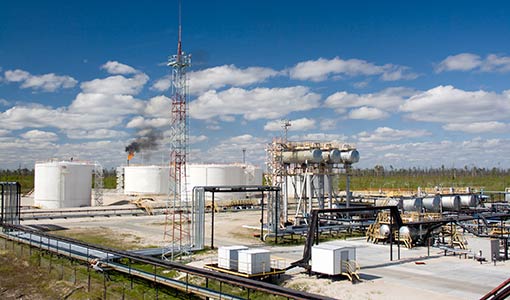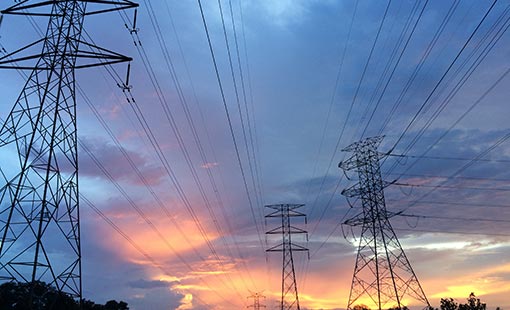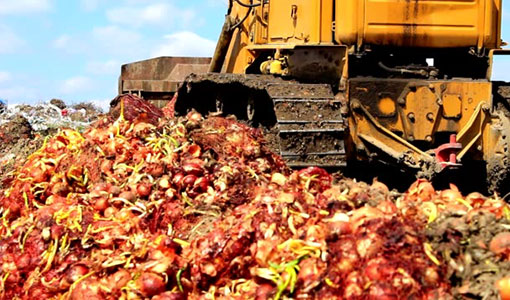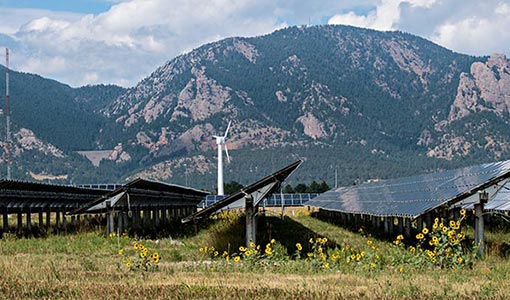Explore our collection of new stories for this topic.
Search or filter for a specific story using the options below.
August 2021
Annual Technology Baseline Provides Updated Foundational Solar Model Input Data for Electric Grid Studies
One of the challenges of aggregating solar energy data from different sources into studies is knowing whether the data uses consistent assumptions. The Annual Technology Baseline (ATB) resolves this challenge by creating consistent assumptions for all electric generation technologies cost and performance data, including solar.
NREL's International Programs Overcome Travel Restrictions To Provide Global Trainings
While COVID-19 Travel Restrictions Prevent NREL Researchers From Hosting In-Person Trainings, Virtual Solutions Are Creating Opportunities To Build Partnerships at a Distance
Closing the Gap in Inventories for Emissions From U.S. Oil and Natural Gas Production
NREL's partner institution, the Joint Institute for Strategic Energy Analysis, and research partners developed a new approach to more accurately estimate emissions from oil and natural gas production.
July 2021
Liz Weber, Rising Star in Clean Energy Project Management, Leads High-Impact Projects
JISEA program manager Liz Weber knew in 2010 she was ready to become an environmental leader. She did not know she would become a leading project manager within the U.S. Department of Energy complex.
Lower Battery Costs, High Value of Backup Power Drive Distributed Storage Deployment
There is economic potential for 490 gigawatts per hour of behind-the-meter battery storage in the United States by 2050, or 300 times today's installed capacity. But only a small fraction could be adopted by customers, according to the latest phase of NREL's Storage Futures Study.
NREL Open-Source Modeling Framework Cracks the Code of Simulating Low-Inertia Energy Systems
The United States has 37 gigawatts (GW) of utility-scale solar capacity—enough to power over 4,070,000,000 LED lights—with an impressive additional 112 GW of capacity currently under development.
News Release: Analysis Shows Enzyme-Based Plastics Recycling Is More Energy Efficient, Better for Environment
Researchers in the BOTTLE Consortium, including from NREL and the University of Portsmouth, have identified using enzymes as a more sustainable approach for recycling polyethylene terephthalate (PET), a common plastic in single-use beverage bottles, clothing, and food packaging.
2021 Annual Technology Baseline Adds Technologies, New Data Features To Support High-Impact Energy Analysis
The 2021 Annual Technology Baseline offers new and improved electricity-generation technology cost and performance data to inform high-impact U.S. electricity-sector analysis.
News Release: What To Do With Food Waste? Well, That Depends
The expected decline in the number of landfills across the United States coupled with bans on disposing large amounts of organic waste in landfills that have been enacted in multiple states has prompted researchers at NREL to examine other ways to grapple with the issue of food waste disposal.
June 2021
NREL Finds Keeping Renewables at Today's Levels—or Limiting Their Growth—Results in Higher U.S. Power System Costs
Simulations show nonlinear relationship between renewable contribution and costs—and that the U.S. can get to 80+% renewables at the same cost as keeping the system at today’s 20%.
Share
Last Updated May 5, 2025

